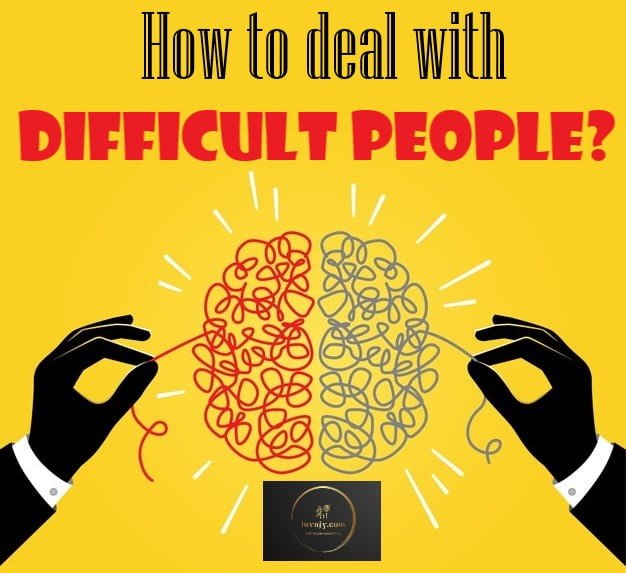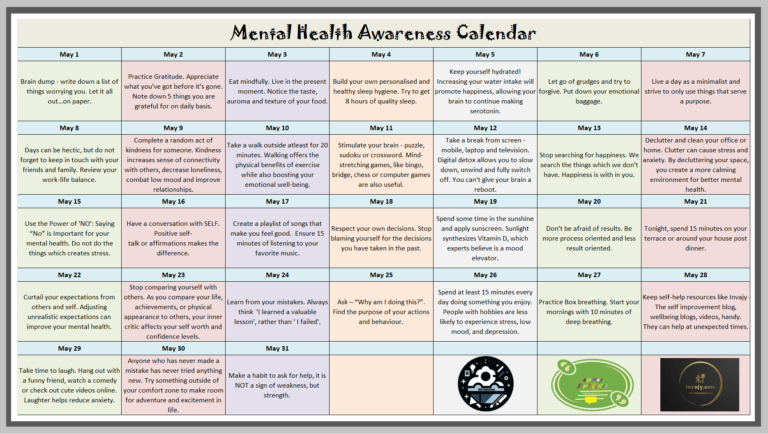Relational Trauma Causes, Symptoms and How to Heal?
Understand Relational Trauma and its impact on relationships. Explore how past experiences shape current interactions, and learn strategies for healing and building healthier, more fulfilling connections.

Relationships have a profound impact on our emotional and psychological development. When those relationships become abusive, unreliable or dysfunctional, it can leave wounds that are difficult to heal. Such wounds may linger indefinitely and worsen over time resulting in suffering with Complex Relational Trauma. Relational trauma expresses itself in several damaging ways and can make establishing healthy relationships difficult.
What is Relational Trauma?
Relational trauma is a form of mental health disturbance that grows from the seeds sown (in childhood) by past chronic mistreatment, abuse or neglect. Relational trauma undermines, demeans, or erodes the dignity, safety, and well-being of the individual. This trauma damages a person’s self-esteem, self-image, and ability to create lasting, meaningful, and sustainable connections with others.

If you experienced relational trauma as a child, you may not realize just how impactful it can be in adulthood. It may only be years later that you realize the neglect, abuse, or inconsistency provided by a parent or caregiver has left you unable to establish healthy, satisfying relationships.
People with this condition find successful relationships elusive because of the mistrust, fear of intimacy, and overall insecurity that follows them everywhere they go.
Causes of Relational Trauma
Most relational trauma occurs in childhood and is related to attachment to parents or caregivers. Experiences and events that can lead to complex relational trauma can include the following:
- Experiences with caregivers or guardians that are fundamentally chaotic, unstable, unsafe, inconsistent, unpredictable, and overwhelming;
- Parents, guardians, or caregivers with mental illness (like being parented by a narcissist) or addictions;
- Being victimized by domestic violence, or witnessing acts of domestic violence committed by parents
- Sexual abuse, torture, sex trafficking, or slavery experiences by a close relative;
- Experiences with neglectful, apathetic, or emotionally unavailable caretakers;
- Experiences with caregivers who betray you or fail to advocate for you and your needs;
- Being bullied in school, groups or on social media sites;
- Childhood abandonment by one or more parent (because of divorce, death, or desertion).
Symptoms of Relational Trauma
Some of the common symptoms of relational trauma include:
- Poor self-image, self-esteem and a lack of self-confidence
- Inability to create lasting, meaningful, and sustainable connections with others
- Neediness, overdependence on the attentions of others (especially partners or romantic interests)
- Inconsistent, neglectful, or abusive parenting styles (the cycle of relational trauma is repeated)
- Manipulative behavior in relationships
- Volatile, abrupt and uncontrollable emotions and behavior
- Avoidant behavior, with respect to people, places, events, or situations that might remind the person of their traumatic experiences
- Depression, lethargy, and low motivation
- Helplessness or frustration in the face of stressful and difficult situations
- Fear and mistrust of intimacy, even though romantic relationships are desperately desired
- Social anxiety or generalized anxiety
- Mistrust of or hostility toward authority figures
- Antisocial personality traits and attitudes
- Manipulative, selfish behavior
- Negativity, cynicism, and pessimism about the future and the world in general
- Learning or discipline problems in school
- Developmental delays
- Reliving past trauma, vividly and frequently
- Physical problems like headaches, fatigue, insomnia, digestive issues and chronic pain.
Difference between Relational Trauma and PTSD
Complex relational trauma experiences closely resemble PTSD but are different in other ways, too.
We call trauma which happens with one off events: single incident trauma. Single incident trauma is often associated with Post Traumatic Stress Disorder (PTSD). People can experience single incident trauma from a bushfire, flood, sexual or physical assault in adulthood, or from fighting in a war.
Complex relational trauma happens in the context of close attachment relationships, usually when there is an imbalance of power. Relational trauma is not caused by a single event, but rather an ongoing set of events and the nature of the relationship between two people.
While people with experiences of complex trauma may also experience PTSD, complex trauma often causes greater impacts than those of PTSD alone. Psychological repercussions of relational trauma are manifold.
How to recover (heal) from complex relational trauma?
People can and do recover from complex trauma and its effects. Tools like mindfulness, and positive lifestyle habits and psychotherapy can help anyone with relational trauma heal and recover. Here are tips and strategies on how to recover (heal) from complex-relational-trauma:
Relational Mindfulness
Mindfulness is capacity to sustain moment-by-moment—with focused awareness of—and openness to—your internal experience and immediate environment, without judgment and with acceptance. Mindfulness takes you away from relational trauma and make you connected well in your relationships at present. It helps you healing past relational trauma with wholehearted presence.
A traumatized brain is the opposite of a mindful brain. Trauma symptoms pull you into the past, whereas mindfulness can help to bring you to the present moment, the only place you can feel joy, calm, and peace.
Mindfulness helps you reveal what’s already there and needing to be healed. It doesn’t cause re-traumatization or stress in itself, it increases your awareness about your symptoms of trauma.
Healthy Lifestyle Habits
With a good foundation of treatment and therapy, a healthy lifestyle supports recovery and healing. Make good choices about how you live your life day to day to stay both physically and mentally healthy. This can take a lot of different forms:
- Getting regular exercise
- Getting enough sleep somewhere between 7 to 9 hours every night

- Eating a healthy balanced diet

- Avoiding alcohol, cigarette and drugs
- Spending quality time along with with friends, family and loved ones
- Joining support groups for victims of relational trauma
- Avoiding negative people who don’t support your recovery or healthy choices
Forgiveness
Forgiveness involves reducing negative thoughts, feelings, and behaviors toward a transgressor, as well as enhancing positive ones. It involves a willingness to abandon resentments, negative judgment, and indifferent behavior, while fostering compassion, generosity, and love.

Act of forgiveness can also reap huge rewards for your physical health, lowering the risk of heart attack; improving cholesterol levels and sleep; and reducing pain & blood pressure.
Join a support group
Relational Trauma can make you feel isolated and disconnected from others. It creates social anxiety and makes it difficult for you to maintain relationships. You are tempted to withdraw from social activities and your loved ones. You may feel like to talk to someone about your condition but have stigma.
A support group will immediately put you in touch with others who can understand what you are going through and identify with it.
Relational Trauma Support group also offer you an open and safe place to discuss your experience with others. Other group members may share coping techniques that have worked well for them, treatments that have beneficial, and give you the support you need.
Psychotherapy
Also known as talk therapy, this can be helpful for addressing trauma of all kinds, as well as any mental health difficulties that result from it.
A professional therapist can help you understand the effects that relational trauma has had on your thought patterns, behaviors, and self-image — and they can work with you to help you address any issues you would like to resolve.
Various kinds of therapy can be used for relational trauma, including:
- Cognitive Behavioral Therapy (CBT)
- Dialectical Behavior Therapy (DBT)
- Prolonged Exposure Therapy (PE)
- Eye Movement Desensitization and Reprocessing (EMDR) Therapy
- Humanistic Therapy
- Eclectic Therapy (a combination of different therapy modalities)
- Group Therapy
Over to You
Professional treatment and support can go a long way towards helping you to get relief from symptoms and build coping skills. I hope, if you will use above tips and strategies do deal with complex relational trauma; you will surely be able to manage this mental health condition in a better way.
That’s all from my side. I hope, you liked this article on mental health. Please share this on your favorite social media portals with your friends and relatives.
(Disclaimer: This article is for general information only. Before adopting preventive methods/measures/treatment, please seek medical advice)






